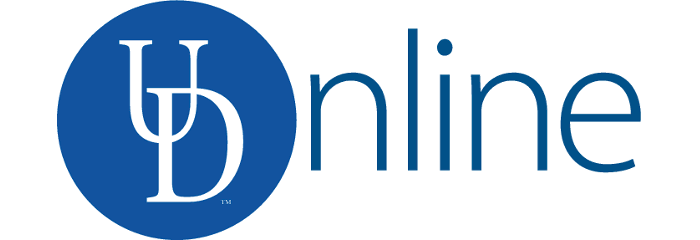University of Delaware Reviews
-
- Newark (DE)
- Annual Tuition: $37,930

80% of 8 students said this degree improved their career prospects
100% of 8 students said they would recommend this program to others
View reviews of all degrees >>
Write a Review Shaqran Shareeq
- Reviewed: 9/30/2019
- Degree: Biology
- Graduation Year: 2016
"The University of Delaware has a great program! I found the faculty and staff to be very helpful and willing to help. If you are looking to earn your masters in Neurosciecne they have a great four plus one program that will allow you to earn your masters in five years!"
pittsburgh
- Reviewed: 3/15/2017
- Degree: Biology
- Graduation Year: 2014
"The University of Delaware biology program required students to take a wide range of challenging science courses that prepared me well for graduate school. The biology courses offered allowed students to customize their education to their interests. There were also additional opportunities to take courses in other areas such as exercise physiology."
Emily Paolone
- Reviewed: 2/18/2017
- Degree: Biology
- Graduation Year: 2016
"The University of Delaware and biological sciences department has provided me with a strong background. The diversity of classes my major required and the exposure to different teachers/teaching styles has prepared me to enter PA school with a quality education. My classes varied in size, from 200 to 20 students, but I never felt like just another number. Teachers offered numerous office hours and extra help sessions to get to know their students and to offer their help outside of the classroom. In addition, my involvement in a sorority has provided me with numerous networking opportunities."
Enviro Girl
- Reviewed: 11/3/2015
- Degree: Biology
- Graduation Year: 2012
"The surrounding town of Newark, DE was a welcoming and very navigable for students. There are plenty of restaurants and things to do on the weekends. Most students stay on campus throughout the year. The student programming offered is extremely varied and well-organized. The school spirit is strong and contagious as well. Alumni are always returning for Homecoming Weekend and other large-scale events. The coursework is competitive and challenging, so make sure that you maintain your good study habits and visit the library often. Overall, it was a fantastic college experience."
Alessandra Ceretto
- Reviewed: 8/6/2014
- Degree: Biology
- Graduation Year: 2015
"University of Delaware's Biological Sciences program is not as heavily focused on the hard sciences as other departments, and those with this major are presented a BA not a BS. This is unfair, considering that a Bachelor of Arts will immediately turn off employers, who seem to think that just because a degree is not labeled as a Bachelor of Sciences, it is not up to preparing graduates for the tough and tumble world of facts. Anyone who wants to go into a science career for biology might want to look into the Marine Sciences degree, or try to get into the genetics focused branch of Biological Sciences. Unfortunately, UD discontinued the biotechnology major, further limiting anyone who wants to get a BS related to Biology. Despite this detrimental degree labeling, it is easy to pad out the BA into a more impressive resume item; however it takes careful planning by students. The Biological Sciences major has a lot of overlapping class requirements with other departments, making it easier to minor in chemistry, biochemistry, and other related subjects. The major is also set in a way which makes it very easy to take independent research or senior thesis courses for credit towards the major. The multiple minors/research/thesis route is the way I went, but I'm planning on Graduate School, not immediate employment, therefore my resume building goals differ from someone heading into the workforce. I got involved with research professors were doing near campus, by going onto the Biological Sciences website and looking up undergraduate research opportunities. I started by volunteering in one lab to watch what experiments they were doing, and this helped me wrangle a position in the lab next door for the summer of my junior, which came with scholarship funding. I then continued my research through the school year and next summer via independent research courses and the UD Summer Scholars Program. I wish I had become more involved with research beginning my freshman year, as most professors like to have students working multiple years in the lab. It also looks great on resumes to have lab experience. Overcoming the stigma of having a BA when entering a scientific career is not difficult, so long as the student utilizes their time accordingly. Taking a full coarse load is hard, but so is everything that's worthwhile."